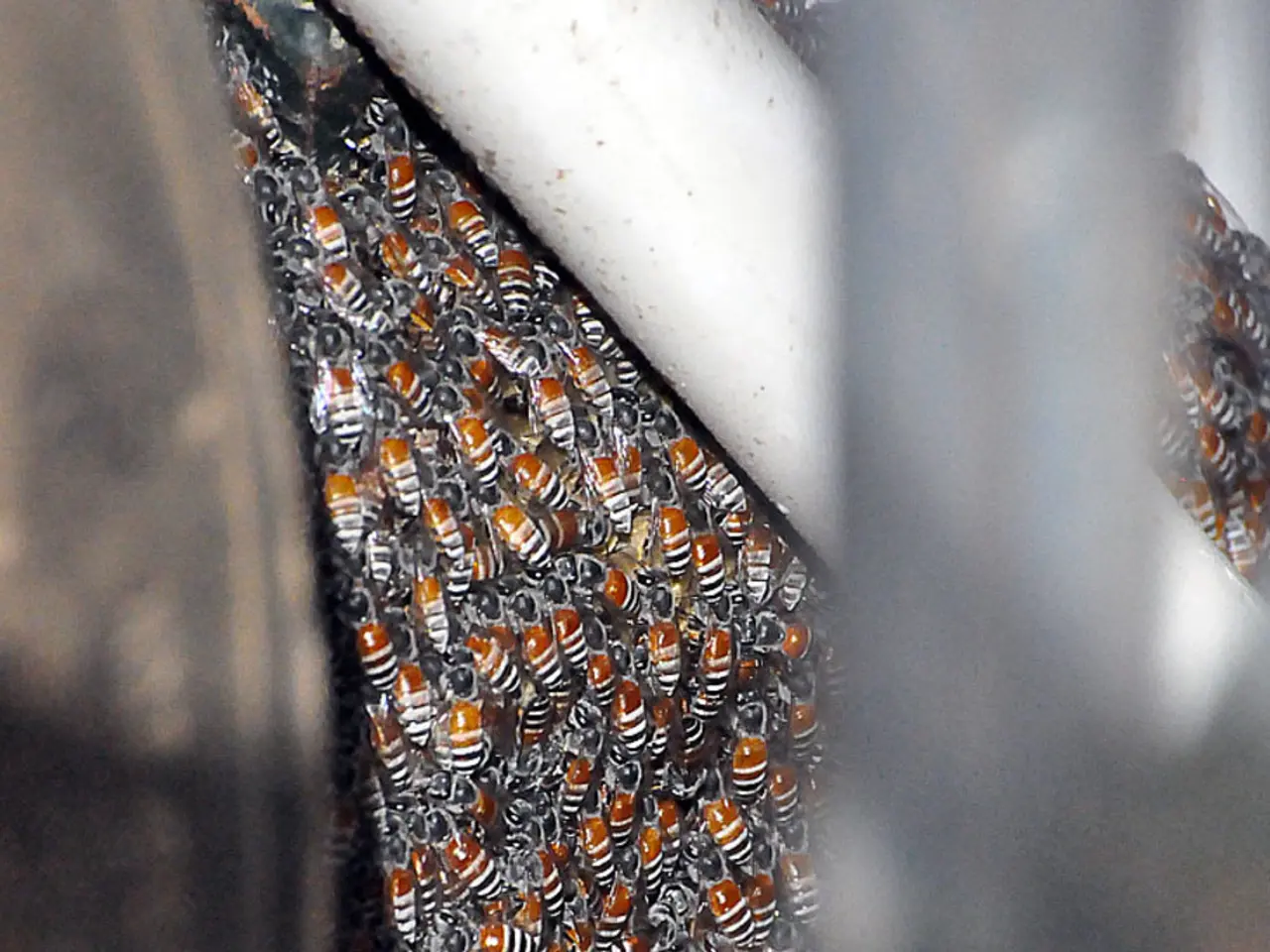Greek Honey Industry Struggles with Cheap Imports and Lack of Monitoring
The Greek honey industry faces challenges due to cheap, low-quality imports and lack of monitoring. Thessaly beekeepers struggle with recent floods and market competition from cheapoair imports. Beekeepers in Thessaly, a major honey-producing region, have been grappling with difficulties in selling unadulterated local honey due to a lack of rebound in production. Meanwhile, middlemen have been importing cheap honey of questionable quality for at least four decades, often mixing it with locally produced honey to sell as 'Greek'. To sell this mixture as 'Greek', only 20 kilograms of local honey per ton is required, but the process of importing and mixing these honeys is not properly monitored. The 2023 floods in Thessaly have further exacerbated the situation, with many beekeepers experiencing destroyed production and still awaiting compensation. Despite these challenges, there have been no significant protests from honey producers regarding the import of cheap honey. The Greek honey industry is facing issues with cheap, low-quality imports and a lack of monitoring, making it difficult for Thessaly beekeepers to compete. The recent floods have added to their struggles, with many still awaiting compensation. While beekeepers have not yet rebounded to their full production capacity, the market continues to be flooded with mixed honey sold as 'Greek'.




